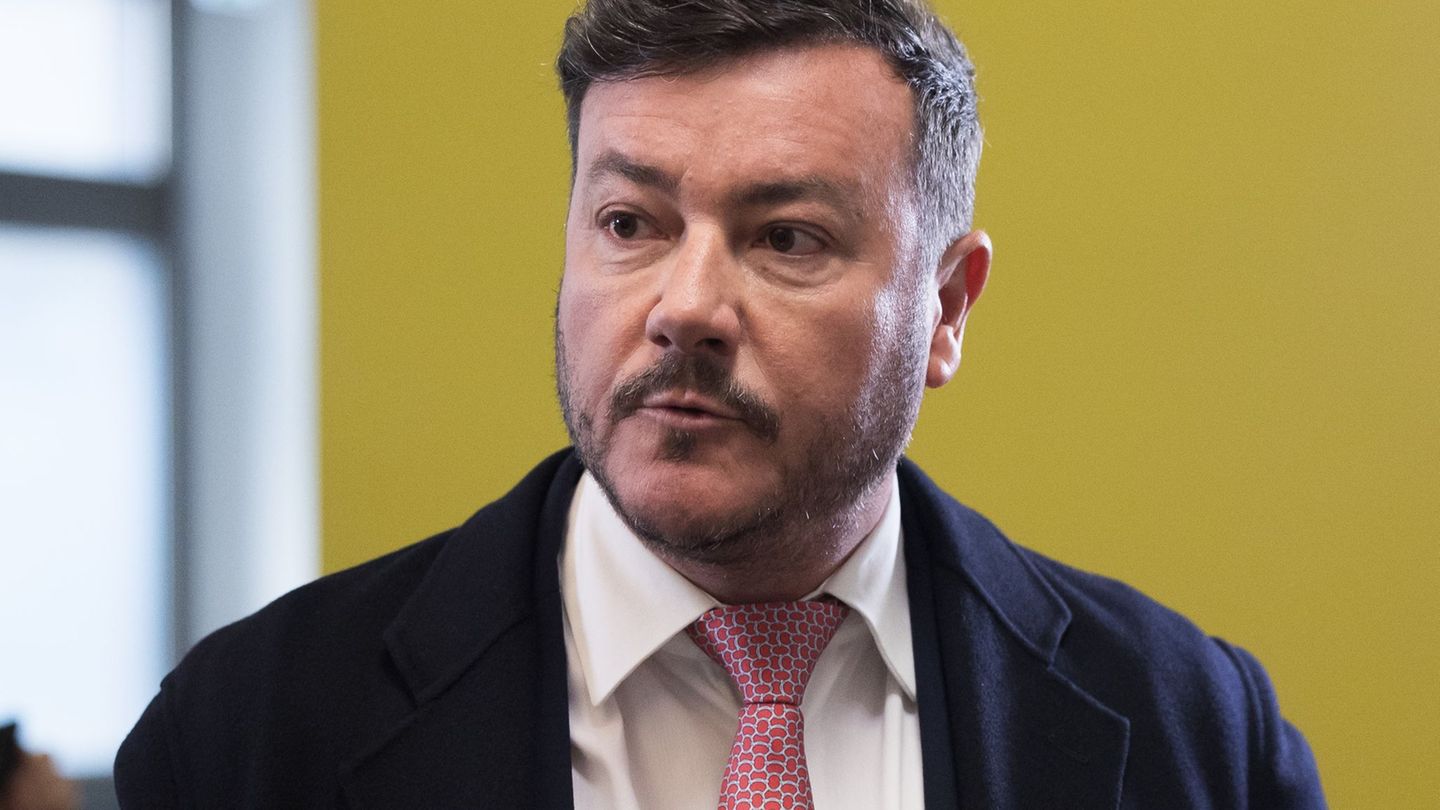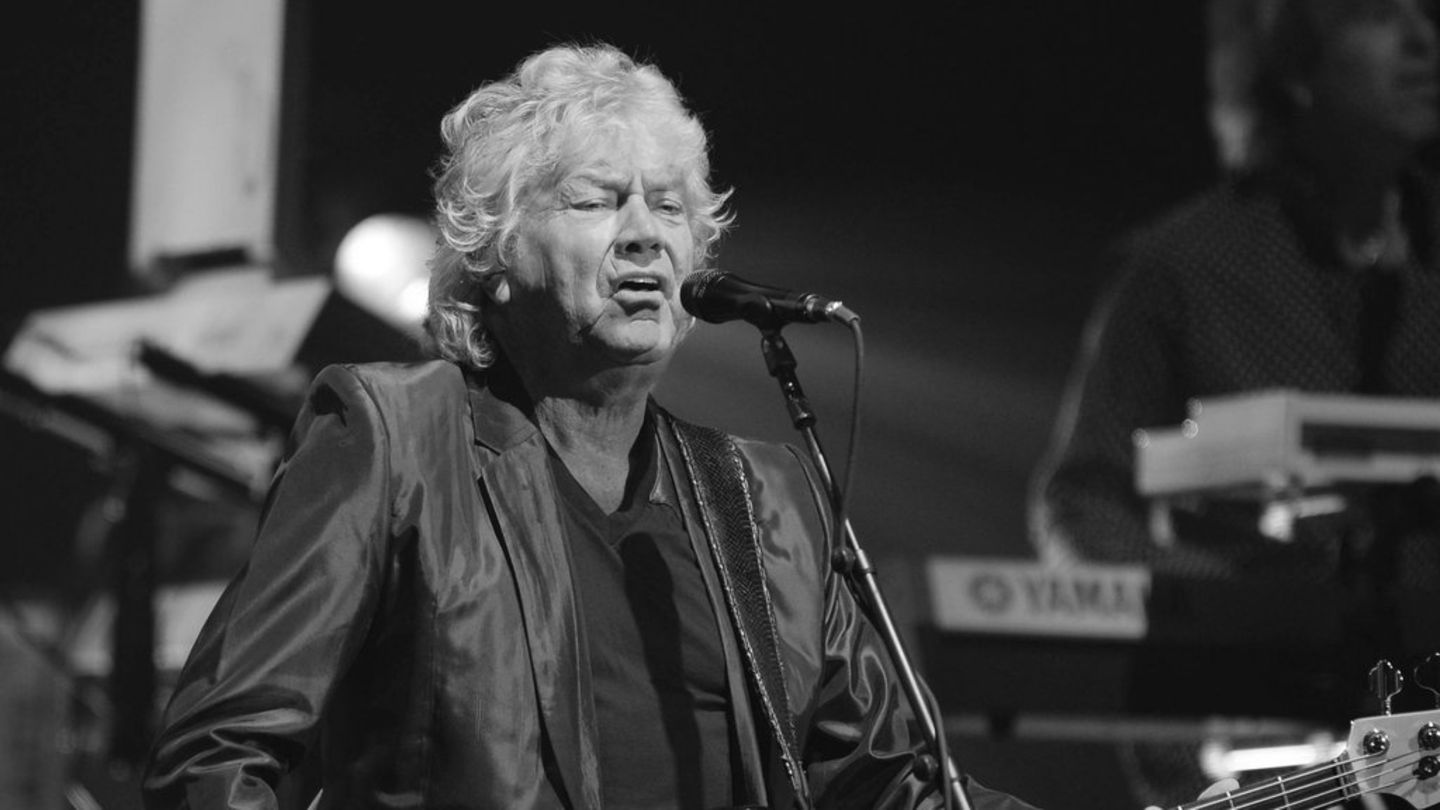“We will not be able to achieve the goal of climate-neutral transport with technology alone. We also have to question our behavior and, above all, we have to design public spaces so that they are easy to use on foot and by bike.” Traffic planner Helmut Koch, managing director of the “Komobile” company, came to this conclusion on Friday evening at an information evening in the Pregarten parish center presented by OÖNachrichten. The evening was organized by the regional association “Umsatteln” on the occasion of its tenth anniversary. In addition to Helmut Koch, the long-time mayor of Lustenau, Kurt Fischer, and energy expert Josef Sacher from Wartberg also gave insights into sustainable transport and energy concepts.
Urban sprawl brings more cars
For Koch, the settlement structure that has grown over decades is one of the main problems when switching from cars to other means of transport. “Sprawled spaces create a dependency on the car.” In more densely populated regions, however, a subtle trend reversal can already be seen: “In Linz, the share of cars in total traffic has already shrunk by seven percent. On the other hand, the share of bicycle traffic is increasing. A rethink is already noticeable.” Koch demonstrated that innovative traffic planning is also possible in smaller cities using examples such as Bischofshofen, Gmunden and Wartberg ob der Aist.
By bike to football
When it comes to climate-neutral transport routes in the Rhine Valley, we have gone one step further. There, the mayor of Lustenau, Kurt Fischer, is one of the driving forces in the “Velotal Rheintal”. Transport planning must have the courage to dare to imagine utopias and to anchor them in concrete terms. The new building of the Lustenau Reichshofstadion is accompanied by a mobility concept that focuses on cycling. One of the community’s current largest construction projects is a pedestrian and bicycle bridge over the Rhine to the neighboring Swiss community of Au. Fischer: “Traffic routes should be planned so that eight- and eighty-year-olds can move around them safely and confidently.” This is especially true around schools, where the “parent taxi” has now been downgraded to an undesirable mode of transport.
Josef Sacher from the Freistadt Energy District was convinced that the decarbonization of transport will primarily be accompanied by a switch to electric drives. The biggest problem is the overload of the power grids. But work is being done on this: “The network operators are willing and committed. There are often still problems with the approval procedures for lines and substations.” For the acceptance of wind power and solar parks, it is essential to involve the population. There are already a number of models for this: “An encouraging signal is currently coming from the economy. Many companies from the region are ready to get involved in renewable energy communities.”
My themes
For your saved topics were
new articles found.
info By clicking on the icon you can add the keyword to your topics.
info
By clicking on the icon you open your “my topics” page. They have of 15 keywords saved and would have to remove keywords.
info By clicking on the icon you can remove the keyword from your topics.
Add the topic to your topics.
Source: Nachrichten




